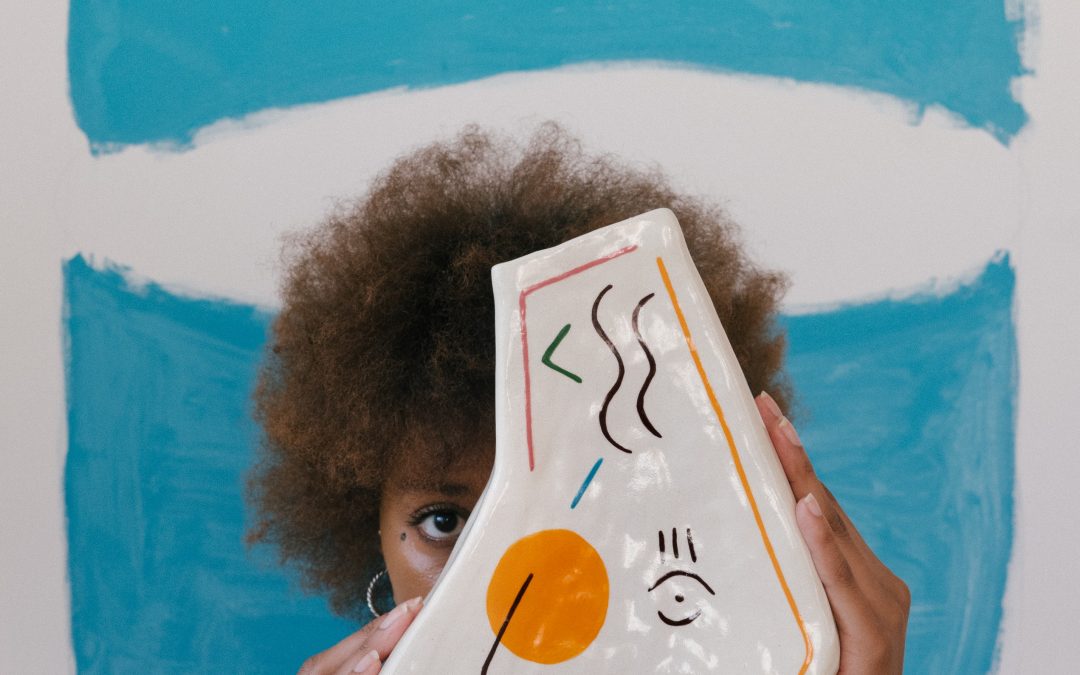I was scrolling through social media recently and read a post that mentioned how romance tended to routinely put the heroine in embarrassing situations as a matter of plot convention. This couldn’t be true, I tried to convince myself. Then I started looking at my own stories. Yep. I’d used the hapless victim scenario several times to put her in a situation where she’d have to rise above.
The fact that she had to rise above, I told myself, justififed it somehow. But then I started paying attention to the other stories I was reading. In one, the heroine walks out of the bathroom with her dress tucked in her panties. In another, she falls out of a truck and knees the hero right in the crotch. In yet a third, she drops a very expensive item in the lap of the hero’s date.
I loved all the stories. All the heroes were successful women – strong, independent, confident. They found love being themselves, not bending to become another version of themselves for the hero to notice them. So why did they have to go through the embarrassing moments in the plot? And these weren’t one-off situations in the story. At multiple points in each story, the woman did something or had something happen to her that was meant to humiliate her, show her as weak and vulnerable.
Our readers are mostly women and as authors, we’re writing to our audience. I think, in real life, we’ve all faced situations where we’d rather crawl away and hide in a dark cave than face the people who witness our humiliation. But that’s usually not an option. Therefore it can’t be for our heroines.
So then is it empowering to the reader to see a character face the same kind of moment embarrassant, come out the other side, and still have the hero fall for her? I’d like to think it is. I know I’ve read stories that have touched me on a personal level because the character mirrored a struggle I’ve endured or a worry I’d harbored in secret. I’d like to think people see a little bit of themselves in the characters I create. I certainly hope when my character wins in spite of the odds, rises above the situation, or doesn’t let her vulnerability equate to weakness, that my reader will read hope in what could feel like a hopeless situation.
I’ve said it before and I’ll say it again, I don’t pretend I’m writing great literary fiction. I’ll never win a Nobel or a Pulitzer with my romance stories. But I’ve won plenty of other awards that mean just as much to me because readers just like myself recognized the humanity in my characters and their struggles in my plots. And I’ve had readers tell me I made them laugh or cry.
And that’s all I really need.

That’s interesting. I think it’s easy to fall into those patterns because they’re so common in the genre. Even movies show female characters as clumsy so that they can undergo a dramatic physical and personality transformation. But now that it’s being called out, it allows writers to come up with more creative ways to further the plot. Great post!
Thanks Laura! It’s been a great year for “rethinking” in many areas for me. I’d never considered myself narrow but find my perspective a lot narrower than I’m comfortable with. I want to see more sides of the equation, find new ways of developing characters, and bring more life to my stories. Thanks for reading!